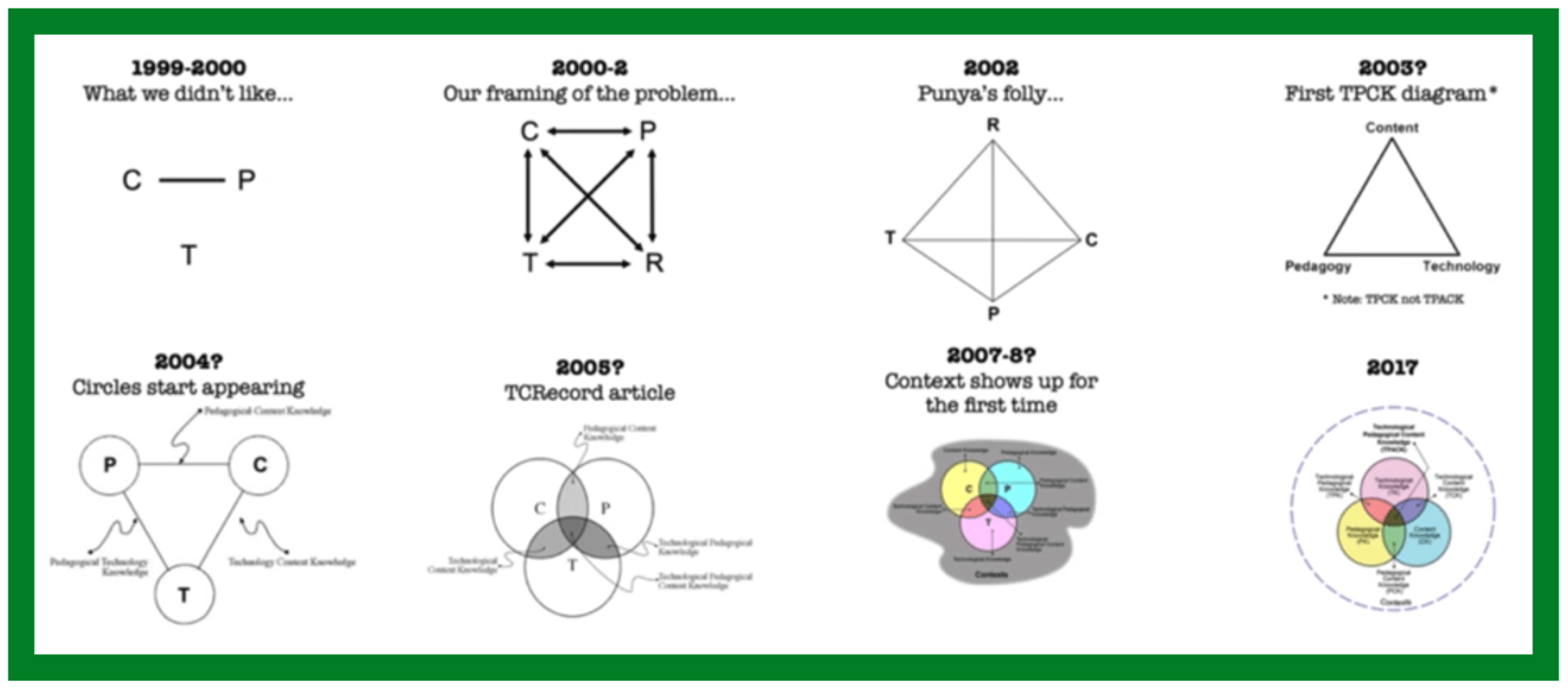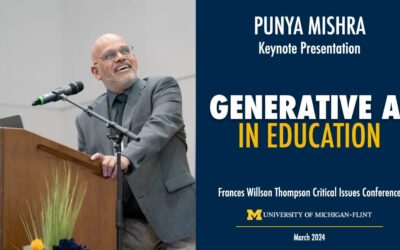I just finished reading “The reluctant fundamentalist” a novel by Mohsin Hamid over the break. (I had mentioned this novel in another context here). It is a tight, powerful novel, structured as a monologue, (reminiscent of Camus’ The Fall, a fact that few reviewers seem to have noticed), describing the literal and metaphorical journey of a young Pakistani man from a successful student and businessman in America to becoming a “reluctant fundamentalist” back in his home country.
I was reading this novel even as the horrific events of the past few days played out in Mumbai (see this, this and this). In some ways the attacks on Mumbai became a lens through which to interpret the novel, making me somewhat less sympathetic to the novel than I would have been otherwise. Hamid has gone on the record indicating that the views of Changez do not reflect his own – and that Changez is a piece of fiction, a writer’s creation. Though I knew this intellectually, it was emotionally difficult for me to separate the author and the character. This was partly because Changez’s story and that of the author roughly parallel each other – though Hamid quite his high-flying job in the corporate world to become an author (not a Islamic fundamentalist) and partly because I could not but notice the connections between the western educated protagonist in the novel (Changez) and the young men (wearing jeans and designer shirts) who attacked Mumbai.
The weakest part of the novel, in my view, was this transition from being someone who realizes how the west truly treats immigrants (particularly those from South-Asia) to becoming a fundamentalist. The first part of the novel really rung true for me – being someone from India who came and settled in the US. However, how this sense of “distance” can lead to becoming a fundamentalist (or maybe even a threat to the state, as is suggested towards the end) was a bridge too far. Hamid, in an interview, suggested that we need to distinguish between Islamic fundamentalism and Islamic nationalism – suggesting that the latter is where he (or at least his character) stands. It appears to me that this is a specious distinction, one that seems to make sense at first blush but falls apart when one probes deeper into how these two ideas have traditionally been related. In some sense my response to the events in Mumbai are an example of nationalism and it is not surprising that this aspect of Hamid’s argument makes sense to me. However, how Islamic nationalism can be separated from Islamic fundamentalism is difficult for me to fathom. This is a tension at the heart of Pakistan (and other Islamic nations) and this is something that, I am not sure Hamid explains well. To find out that the head of the LET (the terrorist organization that appear to have masterminded these attacks) was recently gifted a bullet-proof car by the Pakistani government, is part of the reason why I am skeptical of such distinctions. Changez goes back to Pakistan for reasons that make sense to me (at some level) as an immigrant – but his shift to becoming a fundamentalist are never really explained.
All said and done I was glad to have read this novel – it offered insight into how well-thinking and well-educated men and women can fall prey to fundamentalist thinking. That said, it appeared to me that this novel does not truly engage with the inherent paradoxes and tensions between fundamentalism and nationalism.





0 Comments